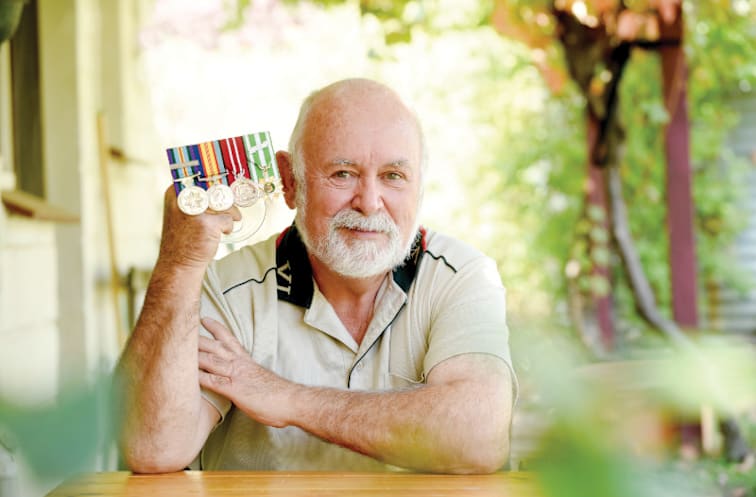At dawn on ANZAC Day, Iain Seabrook will pause to remember.
Whilst this year’s commemorations won’t be the same as any in living memory, the father of three will still stand quietly as the sun rises over the Barossa Ranges and think of his grandfather, Tom who was wounded in the Western Front, and his father, Douglas who was in the commando unit “up in Borneo”, with a sense of pride.
...


